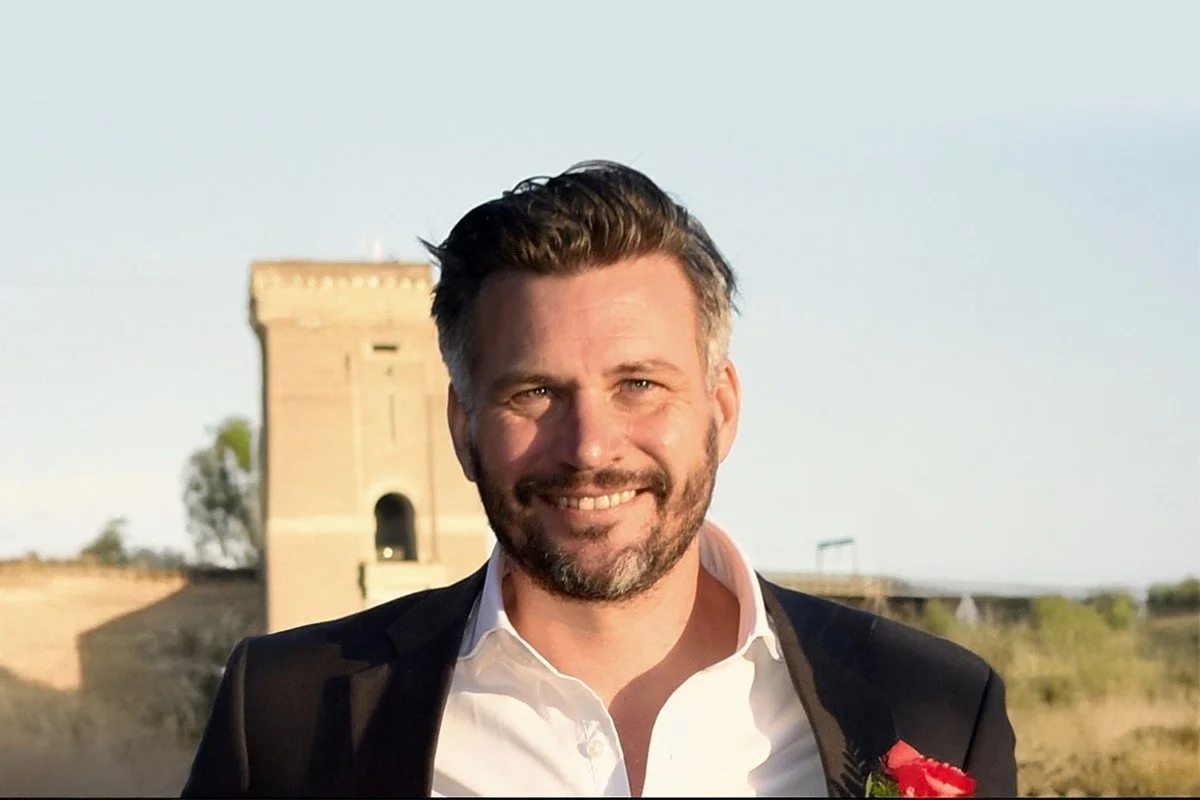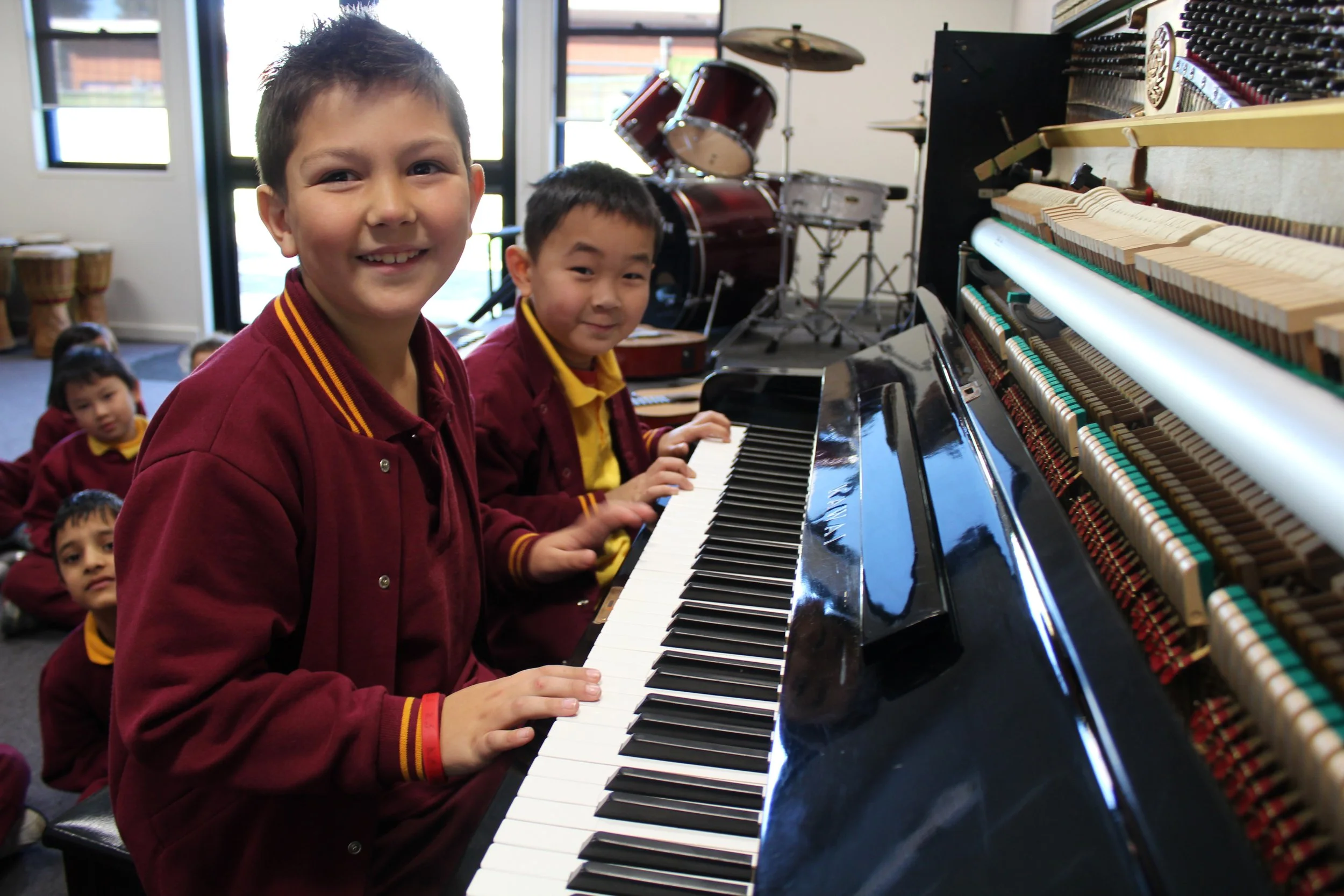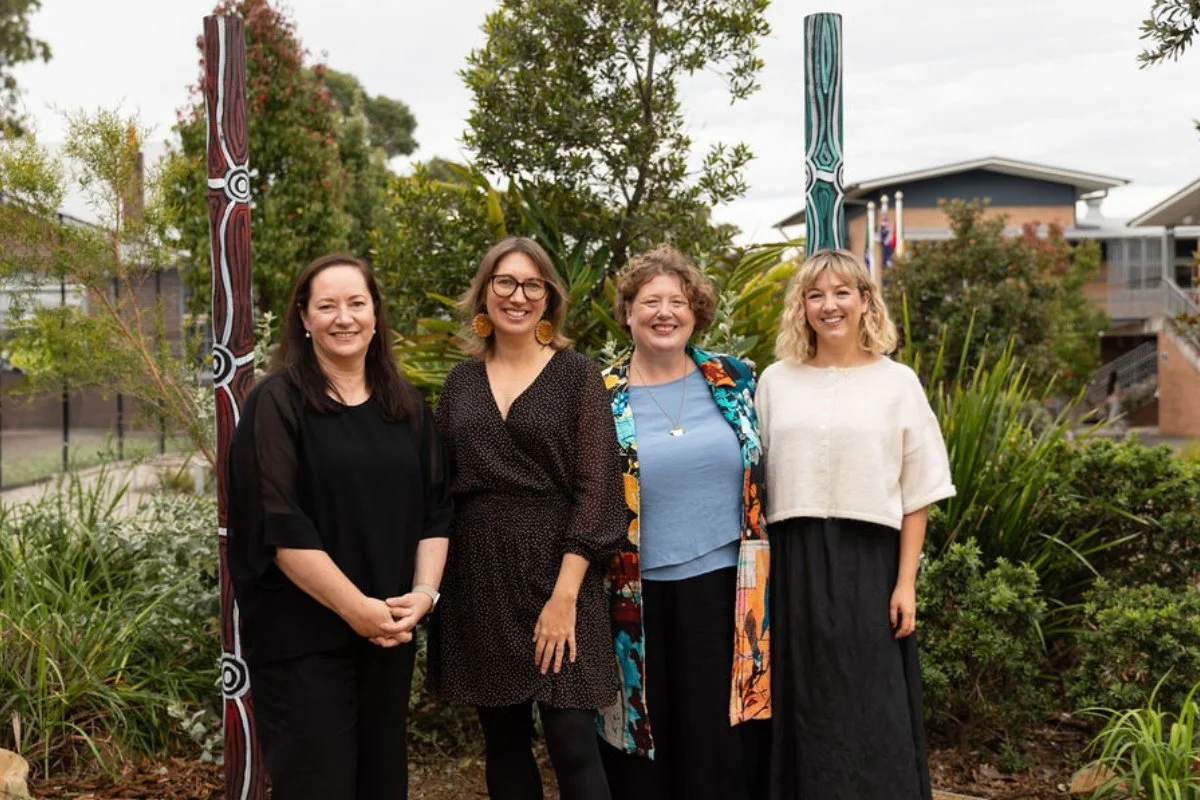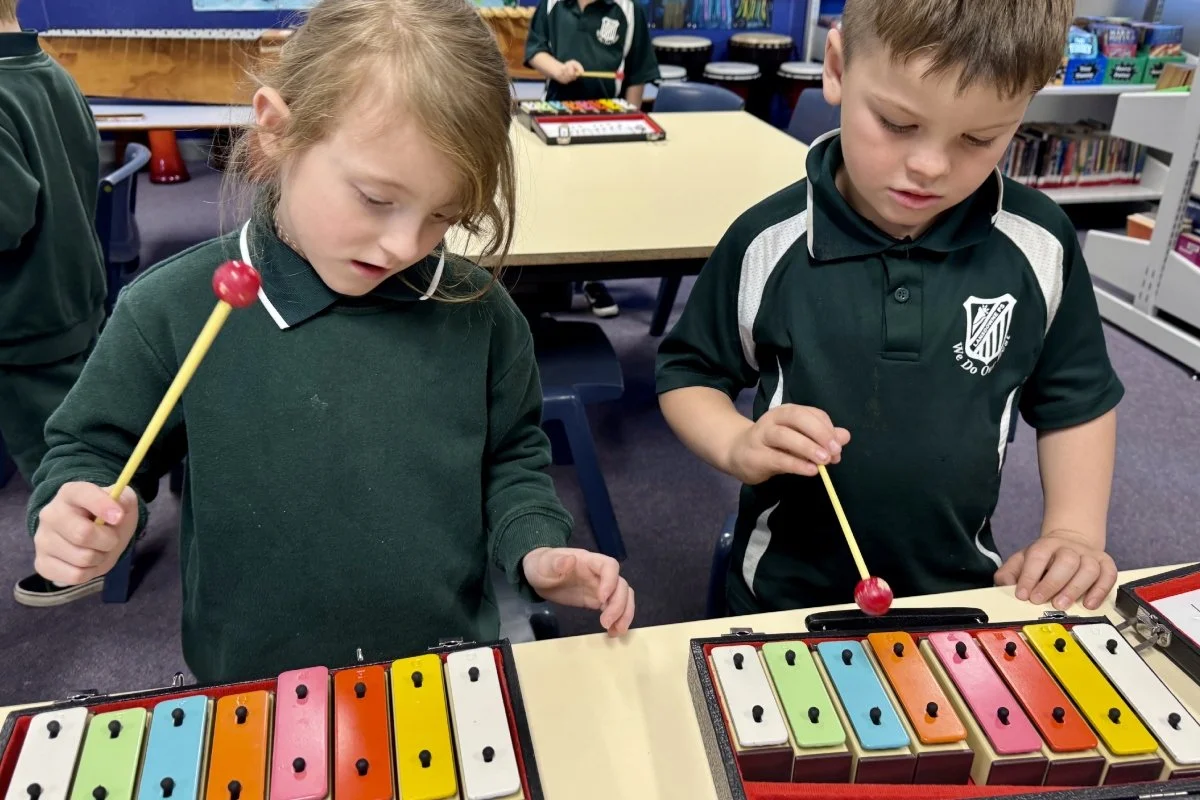Meet ACMF’s Rory Alcock, our newest advocate
Rory Alcock joins our expert Advocacy Working Group with 20+ years in policy, community, and government work across the UK and Australia. Now leading national partnerships at the Australian Children’s Music Foundation (ACMF), he brings a strategic, values-led approach and a deep belief in music’s power to transform lives. He shares why music education is key to giving every child a fair start in life.
Welcome, Rory! What drew you to our Advocacy Working Group, and why now?
A strong alignment between my professional expertise and a deep personal commitment to social justice and equitable opportunity. Growing up with two parents working in Child Protection who were active campaigners with CND and Greenpeace, and with two Uncles who were MPs (one Labor and one Conservative), politics was often discussed around the dinner table. This in part led to me pursuing roles in advocacy, government relations, and community engagement with Cancer Council NSW and my current role at ACMF, which align with the group’s purpose and focus.
The current momentum for policy change, alongside compelling evidence of music's benefits for development makes this a pivotal time.
How has your career experience in both the UK and Australia influenced your approach to advocacy in music education?
I've learned the critical importance of strategic influence and sustained engagement to achieve systemic change. My time at Cancer Council NSW leading national campaigns taught me to translate complex issues into compelling narratives and build community support and broad coalitions. I learned how to navigate policy landscapes effectively and translate community needs into actionable government asks. My approach will be both to listen to others and share what I’ve learnt – it's about drawing on our collective knowledge, skills and relationships and combining these with strategic insight and a deep commitment to fairness in outcomes.
How has your time with The Australian Children’s Music Foundation, which delivers music programs in disadvantaged and remote communities, shaped your views on equitable access to music education?
Witnessing firsthand how music transforms children's – boosting confidence, wellbeing, and cognitive skills – underscores the immense value often denied to those in too many communities. These programs prove that music education isn't a luxury; it's a fundamental tool for development and social inclusion. Seeing the sheer joy and engagement it brings reinforces my belief that access to quality music education is a universal right.
“Seeing the sheer joy and engagement it brings reinforces my belief that access to quality music education is a universal right,” says Rory Alcock, National Partnerships Manager at The Australian Children’s Music Foundation. (Image courtesy of ACMF).
From your perspective, what makes music education such a powerful tool?
Crucially, music provides an unparalleled avenue for emotional expression and resilience, particularly important for young people navigating complex emotions. It builds confidence, encourages collaboration, and develops disciplined practice. Music taps into something deeply human, offering a universal language for self-expression and connection that nurtures a child's complete growth in profound ways. It truly is a fundamental building block for a well-rounded and expressive individual.
If you could prioritise one key change to improve access music education in Australian primary schools, what would it be - and why?
It would be for a National Agreement focused on STEAM (not just STEM), which includes a clear, mandated definition of what constitutes a quality music education. The decades-long emphasis on STEM has (inadvertently) degraded music education, leading to widespread inequity. Whilst education is mainly state and territory funded and their responsibility, a national agreement of what constitutes a quality music education would drive all states and territories to action. It's about establishing genuine fairness of opportunity and making music education an integral part of primary learning.
Do you have a personal connection to music? How has it influenced your career?
It runs deep, despite not playing an instrument, and my own music education at school was patchy! My upbringing – constantly surrounded by diverse genres of music and attending Glastonbury, WOMAD and numerous smaller festivals from age four – immersed me in music. I couldn’t imagine a life not growing up with music. While not a musician myself, this understanding underpins my drive at ACMF. It drives my belief that every child deserves access to that transformative and enriching experience music provides.
When you're off the clock, how do you love to spend your time?
My time is mainly spent with my family, with music often playing in the background. I enjoy going to gigs. Travel remains a passion. I find peace in bushwalking. I follow Football (soccer) and support West Ham, which is a test of my resilience!






